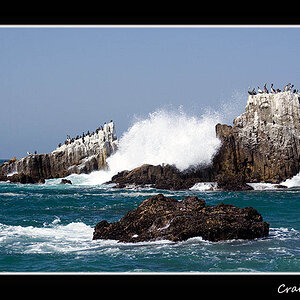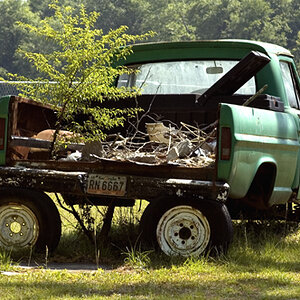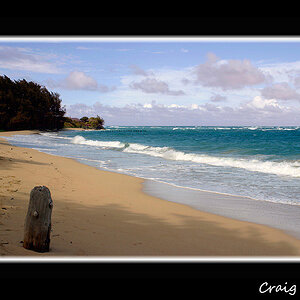running_with_scissors
TPF Noob!
- Joined
- Aug 1, 2007
- Messages
- 50
- Reaction score
- 0
- Location
- Houston, TX
- Can others edit my Photos
- Photos OK to edit
I have been taking pictures with a nikon point and shoot for a while and after reading on the internet, my interests have been sparked. I decided that i want to buy a D-SLR. From reading on this forums and looking at reviews on the internet I have narrowed my choices to the Nikon D40x, Cannon Rebel XTi, and possibly the Cannon Rebel XT.
I realize that the D40x has the limitation of Requiring the AF-S lenses [for auto focus]. I realize that may cause some financial restrictions later on when I look into buying additional lenses. Other than the lens compatibility issue are there any disadvantages to this model, especially as they relate to the Canon Rebel XT(i).
From what i can tell the Canon XT and XTi are slightly more expensive than the D40 and D40x, but i do not understand why, unless it is because of the pressence of the motor which the D40 family lacks.
I'm looking for opinions and information on the cameras as they compare to each other. Advantages/ disadvantages would be great. Any help is greatly appreciated.
I realize that the D40x has the limitation of Requiring the AF-S lenses [for auto focus]. I realize that may cause some financial restrictions later on when I look into buying additional lenses. Other than the lens compatibility issue are there any disadvantages to this model, especially as they relate to the Canon Rebel XT(i).
From what i can tell the Canon XT and XTi are slightly more expensive than the D40 and D40x, but i do not understand why, unless it is because of the pressence of the motor which the D40 family lacks.
I'm looking for opinions and information on the cameras as they compare to each other. Advantages/ disadvantages would be great. Any help is greatly appreciated.


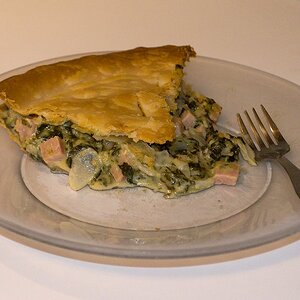
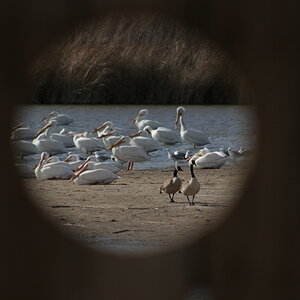

![[No title]](/data/xfmg/thumbnail/31/31011-439c1242fe08cf6b54f32bf06523a567.jpg?1619734567)
